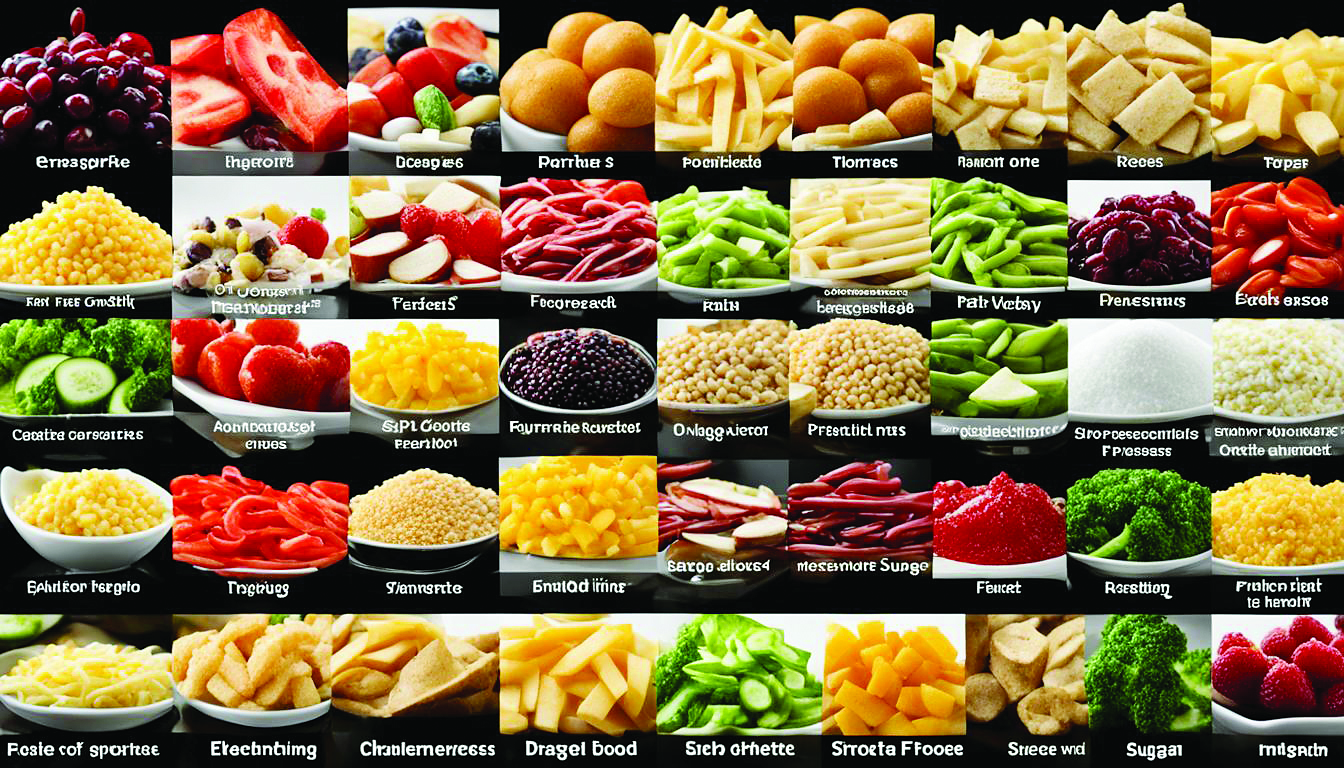
In today’s fast-paced world, convenience often takes precedence over health when it comes to food choices. Ultra-processed foods (UPF), characterized by their extensive processing and synthetic additives, have become staples in many diets. However, emerging research sheds light on the alarming connection between UPF consumption and an increased risk of death, particularly from cardiovascular disease (CVD) and other related conditions.
Recent studies have provided compelling evidence of the detrimental effects of UPF on mortality rates, especially among high-risk individuals such as those with prior CVD or diabetes. A mere 5% increase in the proportion of UPF in the diet has been associated with elevated all-cause and CVD mortality rates over an 8.2-year follow-up period. Similarly, findings from the Framingham Offspring cohort revealed that each additional daily serving of UPF correlated with a higher risk of CVD incidence and mortality.
So, what exactly makes UPF so harmful? Primarily, these foods are nutrient-poor yet high in saturated fats (SFA), added sugars, dietary cholesterol, and energy density. This combination contributes to an overall lower nutritional quality, which is closely linked to the observed detrimental health effects. However, the issues don’t stop at poor nutritional content.
Ultra-processed foods are major sources of cosmetic additives like glutamates, emulsifiers, and sulphites, along with neoformed compounds such as acrylamide that arise during food processing, especially heat treatments. These substances have been implicated in disease promotion, suggesting that the very process of manufacturing these foods can lead to adverse health outcomes.
Some research has identified altered renal function as a potential biological mechanism through which UPF consumption exacerbates health risks. Among heavy UPF consumers, higher concentrations of cystatin C—an indicator of renal function—were observed compared to those with lower UPF consumption. This suggests that kidney health could be adversely affected by a diet high in UPF, contributing to the overall increase in mortality rates.
The findings underscore an urgent need for public health strategies to discourage UPF consumption and promote healthier, less processed dietary options. Educating the public about the risks associated with these convenient food choices is crucial. Communities should be encouraged to opt for whole and minimally processed foods, which not only provide better nutrition but also pose fewer health risks.
In conclusion, while ultra-processed foods may offer convenience and sensory appeal, the long-term health costs are too significant to ignore. By choosing healthier alternatives and minimizing UPF intake, we can protect our health, reducing our risk of chronic diseases and premature death. Let this be a call to action to rethink our food choices and opt for a diet that supports a long and healthy life.